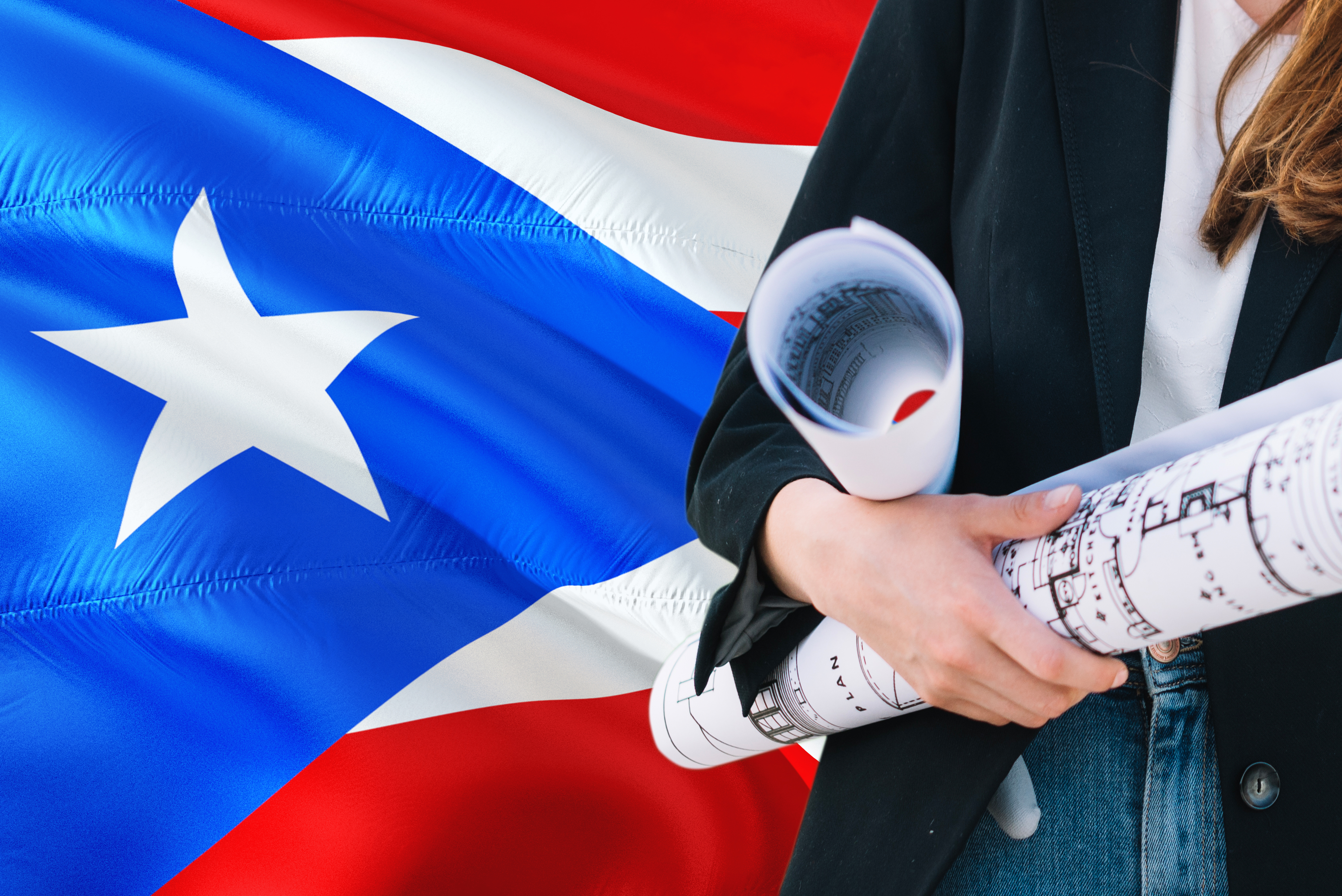Under Puerto Rico labor law, it would likely be considered illegal for a company subject to a collective bargaining agreement (CBA) to hire an employee both as an employee and as an independent contractor in an attempt to circumvent the terms of the CBA. Courts and labor boards typically scrutinize such arrangements, and if it is found that the independent contractor designation is being used improperly to avoid the obligations of the CBA, such as paying agreed wages or benefits, it could be deemed a violation of labor laws and the agreement itself.
In Puerto Rico, as in the U.S., the distinction between an independent contractor and an employee is based on multiple factors, such as the degree of control the company exerts over the worker, the nature of the work, and whether the work is integral to the company’s business.
If the company continues to exert control over the worker in a manner consistent with an employer-employee relationship, labeling that worker an independent contractor would likely not hold up under scrutiny. Moreover, using this arrangement to sidestep a CBA’s provisions could result in legal action from the union, which might file grievances, claims before the Puerto Rico Department of Labor, or even in federal court under the National Labor Relations Act (NLRA).
In Puerto Rico, an employer attempting to hire an employee both as an employee covered by a collective bargaining agreement (CBA) and as an independent contractor, with the aim of circumventing the CBA, would likely violate various legal principles and statutes. Here’s a more detailed explanation, citing specific Puerto Rican laws and legal frameworks:
1. Misclassification of Employees under Puerto Rico’s Act 180-1998
Puerto Rico’s Working Hours and Days Act (Act 180-1998) establishes provisions related to overtime, rest periods, and benefits for employees. If an individual is treated as an independent contractor to avoid paying such benefits or fulfilling CBA obligations, this could be viewed as misclassification. Courts and labor authorities assess whether the worker should be considered an employee based on their relationship with the employer, focusing on control, economic dependence, and other factors.
If the “independent contractor” actually operates under conditions that mirror those of an employee, the company could be liable under Puerto Rico’s labor laws for violating wage and hour provisions under Act 180, as well as other employment protections that employees are entitled to under the CBA.
2. Puerto Rico Labor Relations Act (PR Law No. 130 of 1945)
The Puerto Rico Labor Relations Act (PRLRA) mirrors the National Labor Relations Act (NLRA) and governs labor-management relations in Puerto Rico. The PRLRA protects employees’ rights to collective bargaining and prohibits employers from engaging in unfair labor practices, including those intended to undermine union agreements. Article 8 of PR Law 130 specifically addresses the prohibition of unfair labor practices and includes interference with the employees’ exercise of rights, as well as any action taken to avoid compliance with the terms of a collective agreement.
If a company misclassifies an employee as an independent contractor to avoid union obligations under the CBA, this would likely constitute an unfair labor practice under Article 8(a) of Law 130, exposing the company to claims before the Puerto Rico Labor Relations Board.
3. Independent Contractor Test in Puerto Rico: Puerto Rico Act 139-1968
Under Act 139-1968, Puerto Rico provides guidelines for determining whether a worker is an independent contractor or an employee. The key factors include:
- The level of control the company exerts over the worker.
- Whether the worker operates their own business.
- The degree of independence in setting work schedules.
- Whether the work performed is integral to the employer’s business.
If a worker labeled as an independent contractor performs the same tasks as other employees covered by a CBA, this misclassification is unlawful. The Supreme Court of Puerto Rico has consistently held that misclassification in these circumstances can result in liability for back wages, benefits, and penalties (e.g., Sánchez-Ramos v. Union de Tronquistas de Puerto Rico, 2006 PR Supreme Court decision).
4. Duty to Bargain in Good Faith
Employers subject to a CBA are required by law to bargain in good faith with the union under Law No. 130-1945. Attempting to circumvent the CBA by hiring someone as both an employee and an independent contractor could be seen as bargaining in bad faith, as it effectively nullifies the union’s representation rights over that worker and any protections guaranteed under the CBA.
5. Potential Violations of Law 17-1931
Law 17 of 1931, also known as Puerto Rico’s Wage and Hour Law, stipulates the minimum rights and working conditions for employees, which apply unless explicitly waived by a valid CBA. Attempting to avoid paying overtime or other benefits by misclassifying an employee could constitute a violation of these minimum rights, as defined by Puerto Rican labor law.
6. Local Court Precedents and Case Law
Puerto Rican courts and labor boards have consistently rejected attempts to misclassify workers for the purpose of evading labor obligations. In Meléndez-Batista v. Cooperativa de Ahorro y Crédito de Rincón, 503 F.3d 19 (1st Cir. 2007), the court evaluated the distinction between employees and independent contractors and ruled against companies that attempted to circumvent employee protections by misclassifying workers.
Conclusion
In summary, Puerto Rico labor law is clear that employers cannot misclassify employees as independent contractors to bypass the provisions of a collective bargaining agreement. This would likely be considered a violation of various labor laws, including the Puerto Rico Labor Relations Act, Act 180-1998, and other statutes that regulate employee rights and employer obligations in Puerto Rico. Employers engaging in such practices would be subject to potential legal challenges, penalties, and orders to comply with the terms of the CBA.








